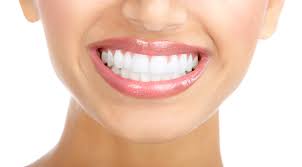Many desire white teeth, but few are willing to do what it takes to have and maintain them. Having white teeth has many benefits, both psychological and medical. Opening your mouth in public to laugh out loud to that hilarious joke or smile at that sarcastic comment would be easier when you have sparkling white teeth; it boosts the self confidence of an individual among peers and in the public. Having white teeth is also an indication of good oral health, meaning less infections and diseases that plague badly-managed mouths.
You could have been brushing your teeth for up to 10 minutes per day, or flossing vigorously after each meal, and yet aren’t getting the white dentition you so desire. There are several things to take into account other than brushing and flossing when aspiring to have white teeth. The following tips, if followed faithfully will help you achieve a clear dentition.
Brush Twice Daily
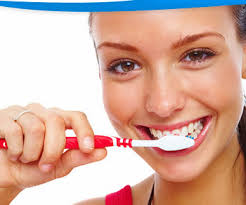
Yes, you know you should brush your teeth daily; it is regarded as one of the characteristics of a normal human being. But brushing of the teeth should not be a one-a-day affair. It is medically recommended that you brush your teeth twice a day, and each brushing session should last for about two minutes.
Brushing in the morning after waking up from sleep will get rid of the left-over bacteria in the mouth from the previous night and freshen your mouth in preparation for the rest of the day. While brushing in the night before going to bed will get rid of all the bacteria accumulated in the mouth throughout the day. Both brushing sessions are essential to have good oral health and ultimately, white teeth.
The pattern of brushing also matters. When brushing your teeth, place your toothbrush at an angle of 45-degrees to the gums and move it back and forth while moving from the outer teeth to the chewing surfaces of the teeth and finally the inner parts of the teeth.
Use the Right Toothbrush…
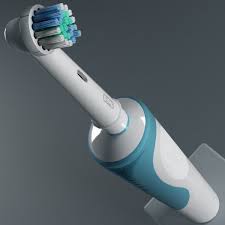
We all have different dental structures, and knowing the type of toothbrush that best suits your teeth and gums can be very advantageous.
If you have sensitive teeth/gums, a toothbrush with soft bristles will suit you the most. For people with large teeth, the reverse may be the case. If you’re not sure, you could ask your doctor. Electric toothbrushes also do better on some people’s teeth than manual ones.
Replace your toothbrush every two to three months
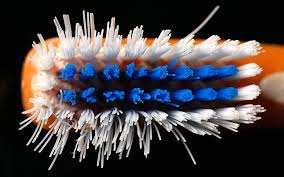
As you use your toothbrush every day to remove stains from your teeth, little bits of bacteria start to accumulate within the bristles, and if they are not changed after about three months, they start to return the bacteria to the mouth, and that could be the beginning of a series of mouth infections.
It is recommended that you change your toothbrushes every two months, or three months at most.
…The Right Dental Floss…
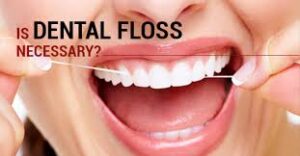
Flossing is as important as brushing is to dental health, because it helps to get rid of left-over food particles that are not removed by brushing.
It has to be done right to ensure that more harm is not done to the gums, because some types of dental floss are not friendly to the gums and may cause heavy bleeding when used. So when shopping for a dental floss, look out for these things.
Get a floss made from synthetic nylon or plastic filaments. Those treated with flavoring agents and waxed are best, because they are softer on the gums and make flossing pleasant. You could also choose those made from silk.
When flossing, try not to do it too hard in order not to damage teeth and gum tissue and attract bleeding. Though flossing could be painful at first, when done the right way repeatedly, the pain will gradually fade out.
One important thing to also remember when flossing is not to use the same strand of floss twice to prevent re-flux of bacteria into the mouth.
Do not think that food particles and bacteria between the teeth cannot prevent your teeth from being white; once plaque builds, it spreads to the surface of the teeth, so flossing is important to having white teeth.
…And the right Toothpaste
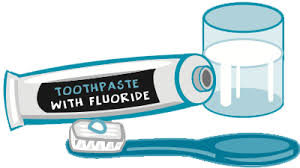
Choosing the right toothpaste amidst the avalanche of products in the market goes a long way in improving the condition of the mouth and teeth. When picking toothpastes, check to see if Fluoride is among the ingredients used in making it. Fluoride strengthens the enamel, fights bacteria that cause cavities in the teeth and prevent tooth decay.
Tooth-whitening toothpastes should not be used as an everyday toothpaste, because they can cause tooth sensitivity in the long run. They contain mild abrasives such as calcium and magnesium carbonates, and hydrated aluminum oxides which, though remove stains on the teeth, can cause teeth sensitivity if used for too long. If your teeth are sensitive to fluoride, use toothpastes containing Xylitol or Baking Soda. Tooth-whitening toothpastes can be alternated with regular fluoride-containing toothpastes in order to achieve a sparkling dentition.

